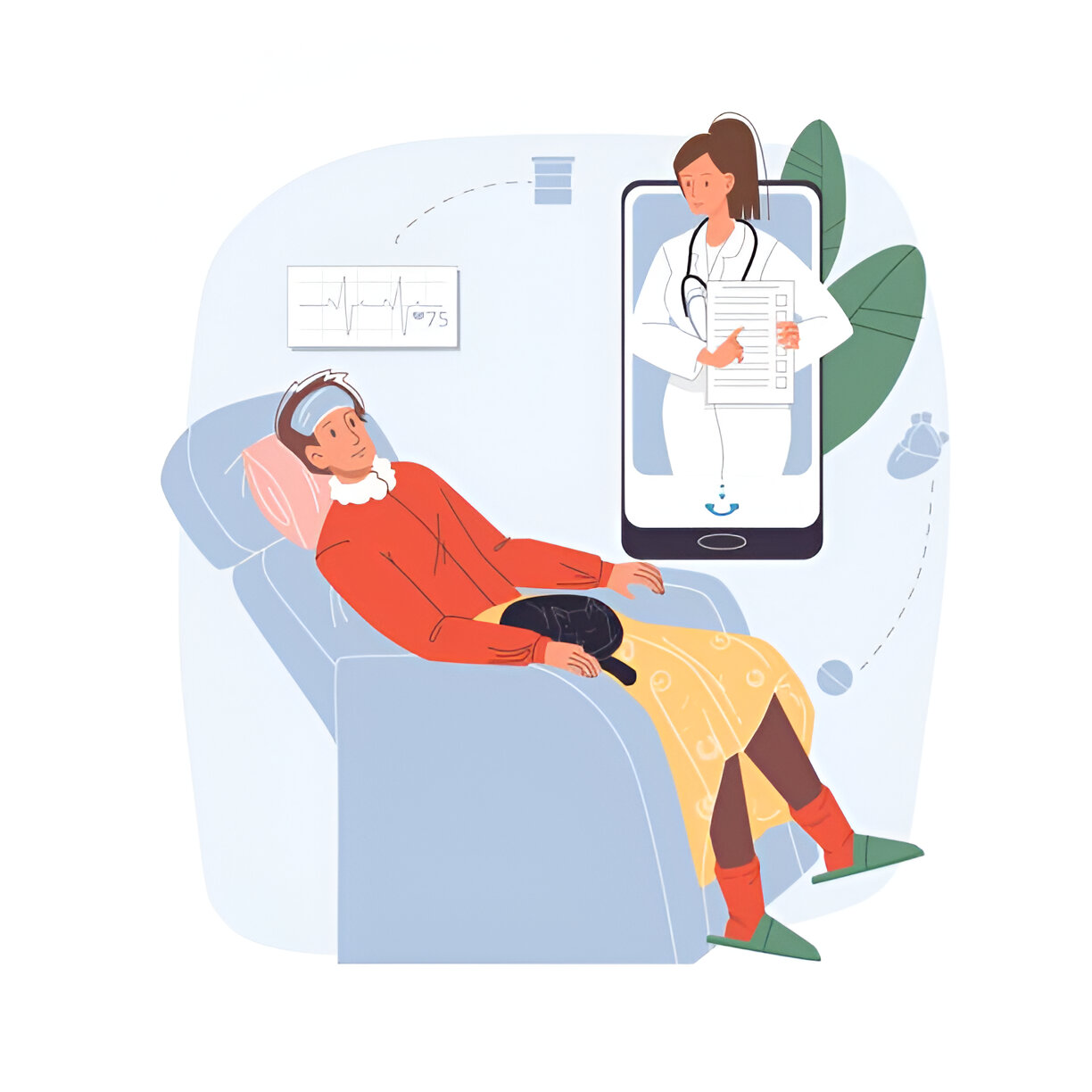In recent years, the landscape of mental health care has undergone a significant transformation, largely due to the proliferation of mobile technology. Mobile health (mHealth) applications, specifically designed to address various aspects of mental well-being, have emerged as powerful tools in the arsenal of mental health professionals and individuals seeking support. As the demand for accessible and convenient mental health services continues to rise, mHealth appshave become integral components of modern mental health care strategies.
The Rise of mHealth App Development
With the increasing prevalence of smartphones and tablets, coupled with advances in app development technologies, the creation of mhealth app development has experienced exponential growth. These apps cater to a diverse range of mental health needs, including stress management, anxiety relief, mood tracking, mindfulness, and cognitive behavioral therapy (CBT) exercises. Moreover, mHealth apps are not only designed for individuals seeking self-help but also for mental health professionals looking to augment their practice.
- Addressing Mental Health Needs Anytime, Anywhere One of the most significant advantages of mHealth apps is their accessibility. Unlike traditional mental health services that may require scheduling appointments and traveling to a clinic, these apps provide support and resources at the users' fingertips, anytime and anywhere. This accessibility is particularly beneficial for individuals who may face barriers to seeking in-person therapy, such as geographical constraints, stigma, or time limitations. By removing these barriers, mhealth app development empower users to proactively manage their mental health and seek support when needed.
- Personalized Support and Tracking Many mHealth apps offer personalized features tailored to the individual user's needs and preferences. Through self-assessment surveys or user input, these apps can generate personalized recommendations, exercises, and resources that align with the user's specific mental health goals. Additionally, built-in tracking tools allow users to monitor their progress over time, providing valuable insights into their mental well-being and helping them identify patterns or triggers.
- Complementary Tools for Mental Health Professionals For mental health professionals, mHealth apps serve as valuable adjuncts to traditional therapy approaches. These apps can supplement therapeutic interventions by providing clients with additional resources, homework assignments, or tools for self-management between sessions. Moreover, some apps offer features specifically designed for mental health professionals, such as secure communication platforms for teletherapy sessions, electronic assessments, and progress tracking tools. By integrating apps for mental health professionals into their practice can enhance the quality of care they provide and improve treatment outcomes for their clients.
- Condition-focused solutions mHealth apps offer tailored solutions for a wide range of mental health conditions, including depression, anxiety, PTSD, bipolar disorder, and substance abuse. These apps provide evidence-based interventions and resources specifically designed to address the unique challenges associated with each condition. Whether it's guided meditation for anxiety or cognitive restructuring exercises for depression, condition-focused solutions empower users to manage their symptoms and improve their overall well-being.
- Conveniently Schedule Appointments Many mHealth apps streamline the appointment scheduling process for mental health professionals and their clients. Integrated calendar features allow clients to view the therapist's availability and book appointments directly within the app. This eliminates the need for phone calls or emails to coordinate scheduling, making it easier for clients to access timely care. Additionally, automated appointment reminders help reduce no-show rates and ensure clients attend their sessions as scheduled.
- Track Patient ProgressMonitoring patient progress is essential for evaluating treatment effectiveness and making informed clinical decisions. mHealth apps offer built-in tools for tracking various metrics, such as mood fluctuations, symptom severity, medication adherence, and goal attainment. By regularly tracking patient progress, mental health professionals can identify trends, measure treatment outcomes, and adjust interventions accordingly. This data-driven approach enhances the quality of care and promotes positive therapeutic outcomes for clients.
Conclusion
In conclusion, the advent of apps for mental health represents a significant advancement in the field of mental health care, offering accessible, personalized, and effective support to individuals and professionals alike. Apps for mental health professionals have emerged as invaluable tools in promoting mental well-being and providing support to those in need.

